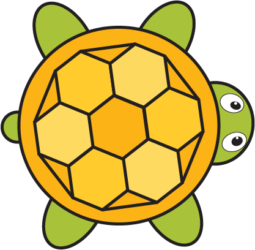
Prepare your young child for school math. Budding mathematicians need to understand numbers as the primary step of the journey into learning mathematics. Our hands and fingers serve as tools for counting, adding, and subtracting. This second version of the Finger Addition app is an excellent first step for young children to recognize, count, add, and subtract with the help of their hands.
Get it on the PlayStore here

